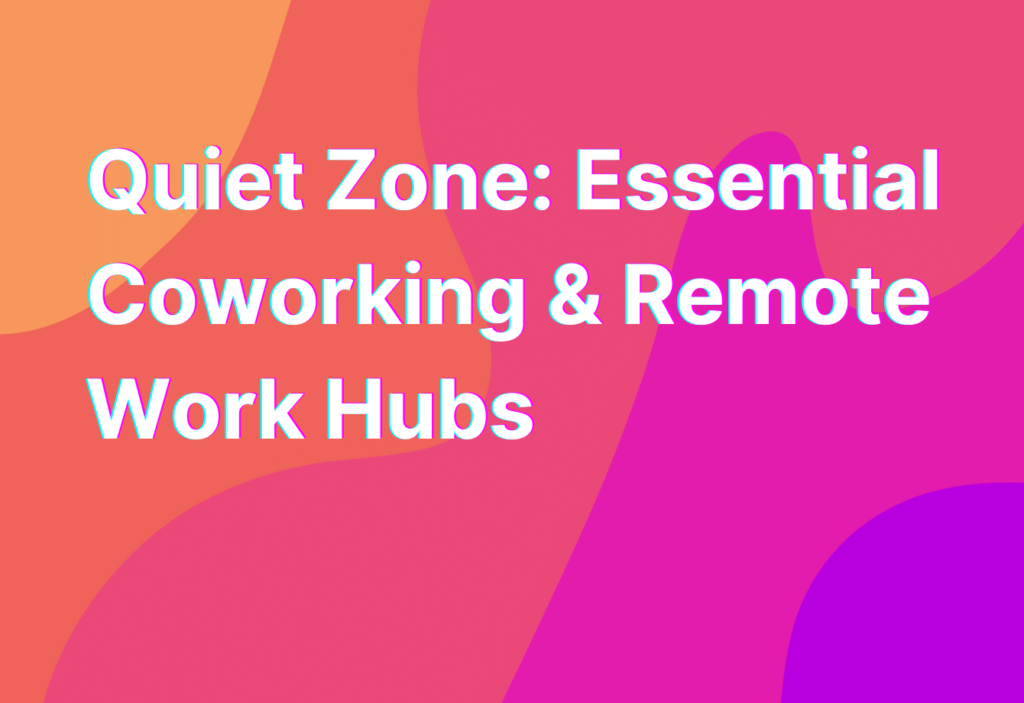Building Trust: Remote Work Employee Engagement
Trust is the foundation of any successful relationship, whether it’s personal or professional. In a remote work setting, building trust is even more crucial as employees are physically separated from their colleagues and managers. Without trust, remote teams can struggle to collaborate effectively and achieve their goals. In this article, we will explore the importance of trust in remote work employee engagement and provide practical tips for building trust in a virtual environment.
The Importance of Trust in Remote Work
Trust is the glue that holds remote teams together. When team members trust each other, they feel more comfortable sharing ideas, asking for help, and taking risks. Trust also fosters a sense of psychological safety, where employees feel confident in expressing their opinions and being their authentic selves.
Without trust, remote teams may experience communication breakdowns, lack of collaboration, and decreased productivity. Trust is especially important in remote work because employees don’t have the luxury of face-to-face interactions to build rapport and establish trust naturally.
Building Trust in a Virtual Environment
Building trust in a remote work environment requires intentional effort from both employees and managers. Here are some strategies to foster trust in your remote team:
- Communicate openly and transparently: Clear and frequent communication is key to building trust in a remote team. Be transparent about goals, expectations, and challenges. Encourage open dialogue and provide regular updates to keep everyone informed.
- Establish clear expectations: Clearly define roles, responsibilities, and deadlines to avoid confusion and promote accountability. When team members know what is expected of them, they are more likely to trust each other to deliver.
- Encourage collaboration: Foster a collaborative culture by providing opportunities for team members to work together on projects. Encourage brainstorming sessions, virtual meetings, and cross-functional collaborations. Collaboration builds trust by allowing team members to see each other’s strengths and contributions.
- Provide feedback and recognition: Regular feedback and recognition are essential for building trust. Acknowledge and appreciate the efforts of your remote team members. Provide constructive feedback to help them grow and improve. When employees feel valued and supported, they are more likely to trust their colleagues and managers.
- Promote work-life balance: Remote work can blur the boundaries between work and personal life. Encourage your team members to prioritize self-care and maintain a healthy work-life balance. When employees feel supported in their personal lives, they are more likely to trust their colleagues and managers.
Wrapping Up
Building trust in a remote work environment is essential for employee engagement and team success. By communicating openly, establishing clear expectations, encouraging collaboration, providing feedback and recognition, and promoting work-life balance, you can create a trusting and productive remote team.
If you’re looking for more tips on boosting employee engagement in virtual collaboration, check out our article here. Virtual collaboration is the key to effective remote work, and our article provides valuable insights and strategies to enhance collaboration in your remote team.


